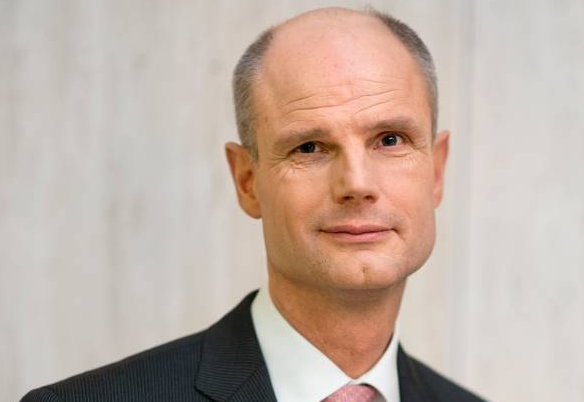Troubleshooter Stef Blok returns to cabinet following Zijlstra’s fall
 Five months after quitting politics, Stef Blok has returned to the Dutch cabinet to replace Halbe Zijlstra as foreign affairs minister.
Five months after quitting politics, Stef Blok has returned to the Dutch cabinet to replace Halbe Zijlstra as foreign affairs minister.
It is the second time Blok, 53, has been asked to step in to clean up after a colleague has fallen from grace. Two years ago he took over as justice minister following Ard van der Steur’s departure in the midst of the bonnetjesaffaire, in which three ministers lost their jobs after a multi-million guilder deal with a major league drug dealer and informant was not cleared with the tax authorities.
Zijlstra resigned on February 13 after it emerged that he had lied about being at a business meeting at Russian president Vladimir Putin’s dacha in which Putin was said to have spoken of his ambitions to absorb countries such as Ukraine and the Baltic nations into a ‘greater Russia’. Others who attended the meeting said Zijlstra had misrepresented Putin’s remarks, which were made in a historical context.
Previously Blok spent five years as housing minister. In October last year he announced he was leaving national politics after being overlooked for a post in Mark Rutte’s new coalition government.
Despite having little direct experience of foreign affairs, Blok will be responsible in his first month for chairing meetings of the UN Security Council as part of the Netherlands’ six-month membership of the council.
An MP for 14 years for the Liberal (VVD) party before entering government, Blok has a reputation as a colourless, almost invisible politician who is hard-working and dependable. He succeeded in keeping the justice department out of the headlines following years of turmoil under Ivo Opstelten and Fred Teeven.
As such he fits the description Rutte gave two weeks ago of the ideal successor to Zijlstra: ‘Someone who knows how The Hague works, a person with a small ego who approaches MPs rather than receiving them at the ministry.’
Blok is seen as a pragmatist within the VVD, on the right of the party but adept at the kind of trade-offs needed to get business done in The Hague. During his tenure as minister for housing he pushed through a number of reforms designed to liberalise the rental market and arrange for the Netherlands’ giant housing corporations to sell off a sizeable share of their stock.
Thank you for donating to DutchNews.nl.
We could not provide the Dutch News service, and keep it free of charge, without the generous support of our readers. Your donations allow us to report on issues you tell us matter, and provide you with a summary of the most important Dutch news each day.
Make a donation